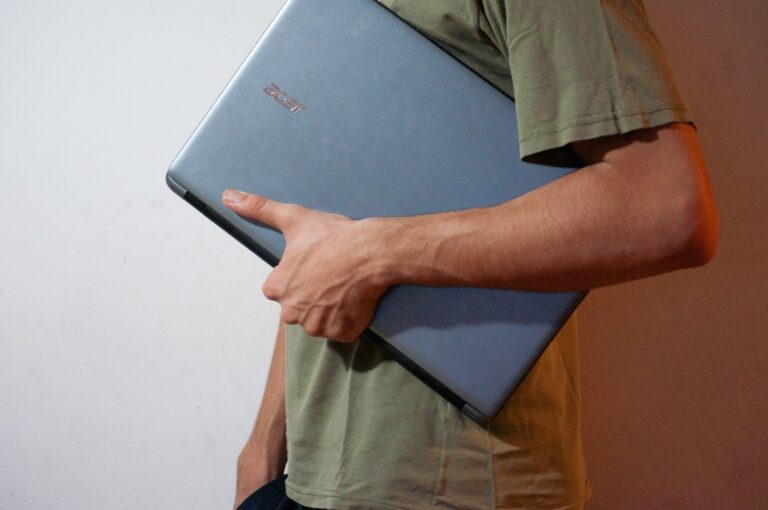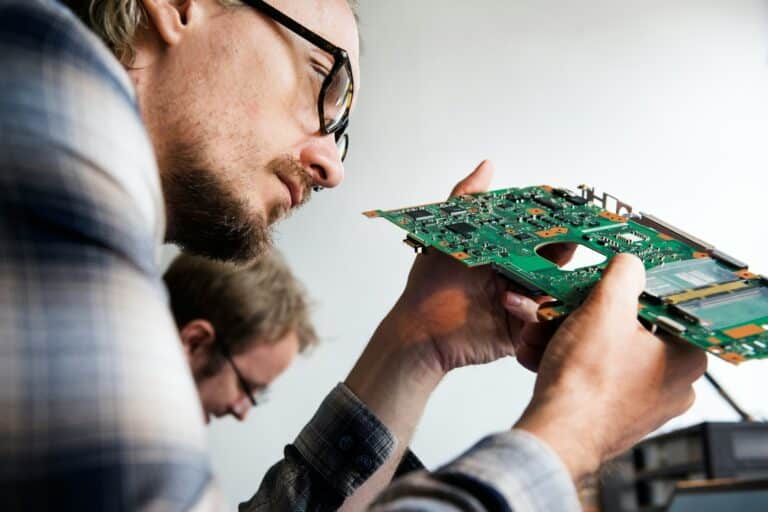Medical equipment disposal is a significant task for healthcare facilities in Columbus. As technology advances, older equipment needs to be replaced, creating a need for proper disposal to prevent environmental harm and legal issues. From X-ray machines to simple medical tools, the correct disposal methods are crucial to ensure safety.
Improper disposal of medical equipment can lead to serious risks. Harmful substances may leak into the environment, posing health dangers to the community. Moreover, healthcare facilities must comply with specific regulations to avoid penalties and ensure patient data is protected. Understanding the rules and methods for disposal is essential for both safety and legal reasons.
With the pressures facing healthcare providers, finding effective ways to manage medical equipment disposal can be challenging. Fortunately, Columbus offers various resources to help navigate this process smoothly. Knowing where and how to dispose of old or broken medical equipment responsibly can make a big difference, from protecting the environment to maintaining compliance with regulations.
Understanding the Importance of Proper Medical Equipment Disposal
Proper medical equipment disposal is essential for many reasons. Old or unused medical devices can contain hazardous materials that, if not disposed of correctly, may harm the environment. For example, certain imaging devices have heavy metals and radiation sources that need special handling to prevent them from leaching into the soil and water. This can lead to contamination that is dangerous to both wildlife and humans.
The health risks associated with improper disposal practices are significant as well. Once discarded, some equipment can release harmful substances that could cause respiratory problems or other health issues for people nearby. To safeguard public health, it’s important that medical facilities handle these items with care, ensuring that any potentially dangerous materials are managed properly.
Regulatory compliance plays a vital role in this process. Strict laws and guidelines exist to ensure medical equipment disposal is conducted responsibly. Facilities must adhere to these regulations to avoid penalties and protect patient information. This means being diligent about tracking medical devices from operation to end-of-life disposal. Understanding these rules helps healthcare providers stay compliant and avoid significant fines while keeping the community safe from environmental and health hazards.
Common Challenges in Medical Equipment Disposal in Columbus
In Columbus, several challenges make medical equipment disposal a complex task for healthcare providers and individuals. One primary obstacle is identifying which components of medical devices are recyclable. With various parts made from different materials, it can be difficult to determine what can be recycled and what requires special disposal. This complexity often results in improper handling or disposal of parts that could have been recycled.
Safe handling procedures also present a challenge. Medical equipment, especially those that have been in contact with patients, needs careful decontamination before disposal. Lacking clear guidelines can lead to overlooking essential steps in the process, raising the risk of contamination or health issues for those involved in disposing of the equipment.
Awareness and guidance are often limited, making it even more challenging to navigate the disposal process. Many facilities and individuals might not be aware of the available disposal methods and resources within their community. This lack of information can lead to improper disposal, further increasing the potential for environmental harm. Addressing these barriers is crucial to improving the medical equipment disposal process in Columbus, ensuring safety, and promoting environmental sustainability.
Effective Strategies for Medical Equipment Disposal
Disposing of medical equipment responsibly involves several key steps to ensure safety and compliance. First, assess the equipment to determine if it qualifies for recycling, refurbishment, or requires special handling. Sorting items correctly allows you to proceed with the appropriate disposal process.
Here’s a step-by-step guide for effective disposal:
1. Identify: Separate items that are functioning from those beyond repair. Usable equipment might benefit from refurbishment.
2. Decontaminate: Clean all equipment thoroughly to eliminate any biohazard risk before disposal.
3. Sort: Categorize items based on recyclability. This can include metals, plastics, and electronics components.
4. Document: Maintain detailed records of disposed items, ensuring compliance with regulations and documenting necessary decontamination processes.
Best practices for hospitals and clinics include implementing standardized procedures for equipment disposal. Educating staff on these processes can help reduce errors and improve efficiency. Personal disposals should also follow these guidelines to ensure compliance and safety. By taking these steps, organizations and individuals can effectively manage medical equipment disposal while minimizing environmental impact.
Leveraging Local Resources and Professional Services
Columbus offers a range of local resources to simplify medical equipment disposal. Several recycling centers in the city specialize in environmental-friendly disposal of medical items. These centers are equipped to handle a variety of medical equipment, ensuring that hazardous materials are processed safely and effectively.
Utilizing professional services is another way to streamline the disposal process. These experts can offer guidance and manage the entire disposal operation, reducing the burden on healthcare facilities. They ensure compliance with all regulatory requirements and often provide tailored solutions to meet specific needs.
Community programs in Columbus also support medical equipment recycling and disposal. These initiatives promote awareness and provide valuable resources to healthcare providers. By tapping into these programs, facilities can enhance their disposal efforts while supporting local sustainability goals.
Conclusion: Ensuring a Sustainable Future in Columbus
Proper disposal of medical equipment in Columbus plays a vital role in environmental protection and public health. By understanding the challenges and adopting effective strategies, healthcare facilities and individuals can significantly contribute to a safer community. Embracing local resources and services further aids in managing this process, reducing risks associated with improper disposal.
Looking ahead, the focus on sustainable practices will continue to grow. Participation in community programs and staying informed about best practices will keep Columbus at the forefront of environmentally responsible medical equipment disposal. These efforts not only protect the environment but also ensure the well-being of all residents.
Beyond Surplus stands ready to assist Columbus residents and facilities in navigating the medical equipment disposal process. Our expertise and commitment to sustainability make us the perfect partner for your recycling needs. Contact us today to learn how we can help manage your medical equipment disposal efficiently and responsibly.


